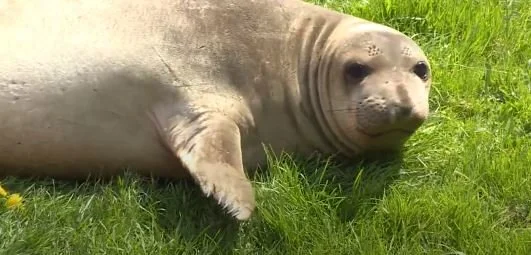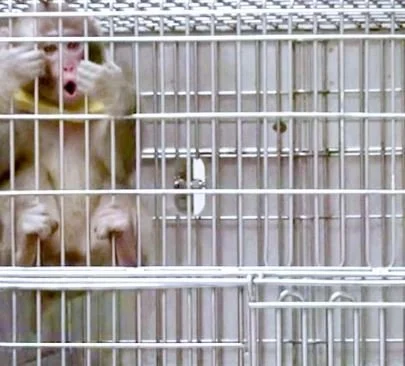In a New Study of Animal Consciousness, Bees Play Games and a Simple Cuttlefish Remembers Who You Are
A group of animal cognition experts gathered by New York University are grappling with a profound question: Which animals are sentient, with at least the capacity for conscious experience?
Their conclusion is, many. “First, there is strong scientific support for attributions of conscious experience to other mammals and to birds,” reads the research team’s New York Declaration on Animal Consciousness. Second, all evidence points to sentience in other classes of animals, namely vertebrates (reptiles, amphibians, fish) and invertebrates (mollusks, crustaceans, insects). That covers most of the animal kingdom.
With these two precepts in mind, the researchers conclude that, “when there is a realistic possibility of conscious experience in an animal, it is irresponsible to ignore that possibility in decisions affecting that animal.” We humans, who control or influence the natural environments of nearly all living things, should therefore take animal sentience into consideration to inform policy making.
The original 39 signatories to the declaration include scientists focused on human consciousness (with a few philosophers thrown in), along with experts on bats, birds, reptiles, fish, octopuses, cuttlefish, hermit crabs, bees, and fruit flies. They found that crows can be trained to report what they see, that octopuses can feel pain (and that they value pain relief), that cuttlefish remember details of past events, that bees engage in play, and many other lines of evidence demonstrating that animals of all types have something like feelings.
Having spent about ten years pondering these questions, the scientists hope their findings not only encourage reflection on animal welfare, but also lead to a greater understanding of consciousness itself. Their declaration makes no specific policy recommendations, but itadds to the growing consensus – inside and outside of scientific circles – that animals have a moral status that deserves consideration, even if the exact nature of their “rights” is still up for debate. There are plenty of practical reasons to treat our fellow creatures with dignity and respect and there’s also a moral component to the conversation: it’s just the right thing to do.
See background on the declaration here.
Photo credit: New York University









